GW’s sweeping lawsuit hit 280 sellers for Warhammer trademark issues, but it seems like they targeted plenty of the wrong companies.
Updated on June 3rd, 2025, by Rob Baer with the latest dismissed cases against sellers in the hobby space.
Games Workshop just pulled a legal U-turn—and it’s a big one. After swinging hard with a lawsuit against 280 online sellers for Warhammer trademark infringement, they’re now admitting some of those targets shouldn’t have been on the list.
Yep, they froze accounts, dropped the legal hammer, and then followed it up with a handful of generic “oops” emails.
Here’s the latest on what happened and where we are at now…
Apologies, Asset Freezes, and a Whole Lotta Drama
If you thought the Warhammer hobby only involved assembling tiny soldiers and painting them in caffeine-fueled late-night sessions, welcome to the legal chapter. Games Workshop, the UK-based juggernaut behind all things grimdark and plastic, recently made headlines with a sweeping lawsuit.
Why? Alleged Warhammer counterfeit products and trademark infringement. And we’re not talking about polite cease-and-desist notes here. This was a full-on legal swing.
The Big Hammer Falls
In a move that left many retailers wide-eyed and refresh buttons worn out, Games Workshop filed suit in the US, claiming violations under trademark law, false designation of origin, and invoking the All Writs Act just for good measure.
The claim? Sellers were pushing fake minis, misusing branded symbols (like those of the Space Wolves), or misrepresenting themselves with sketchy listings that mimicked official merchandise.
The case leverages a controversial Florida legal tactic called the “Schedule A Defendant Scheme” (SAD). This allows a single lawsuit against many defendants
Brickell IP Group executed this enforcement on behalf of Games Workshop, and the result was frozen online stores and funds for accused sellers, often before they even knew they were being sued.
Sellers often can’t access their income, can’t operate their store, and are pressured into settling for $2,000–$10,000, even if they’ve done nothing clearly illegal, just to regain access.
According to the Brickell IP Group site:
“As a boutique intellectual property law practice, we can efficiently and cost-effectively offer over thirty years of combined experience in a comprehensive spectrum of IP practice areas and technologies.”
The Oops Moment
Fast-forward a bit (literally just a day or two), and it seems some wires got crossed. GW has started reaching out to businesses to say, “Oops, our bad. You weren’t supposed to be on the list.” The message? A mild-mannered email saying the store was mistakenly lumped into the lawsuit and that counsel has been asked to retract the claim.
As of right now, it appears several dozen of the 280 sellers have had their cases dismissed with and without prejudice (meaning some can potentially still be re-sued for the same allegations at a later date) by Games Workshop.
Many more are still also looking to be discharged from the complaint.
Now, let’s be clear. This wasn’t just a misunderstanding over a mislabeled spreadsheet. These stores had their assets frozen. Their business operations got tangled in a legal net, all before being told, “You’re not actually part of this Warhammer counterfeit mess.”
This is all hot on the heels of GW taking down tons of YouTube creators.
Imagine having your business locked up overnight and then receiving an email five hours later with a form-letter apology, kind of like stepping on a landmine and being handed a Band-Aid.
Will the Real Warhammer 40k Please Stand Up?
The creator behind No Guts No Galaxy (above) just got tangled in a lawsuit with Games Workshop. Not for printing shoulder pads. Not for bootlegging miniatures. No, no. For selling a magnet. A magnet.
Apparently, he used the word “Warhammer” in a product title for something completely unrelated to Warhammer 40K—specifically, it was about the BattleTech Warhammer mech. Different universe. Different style. Similar name. Big headache.
He didn’t even know he was being sued at first. That’s because GW hit him with what’s known as a Schedule A lawsuit—the kind where you find out you’re in trouble after the papers have already hit the judge’s desk and your PayPal account gets frozen faster than a cryo missile lock.
Enter the chaos: old partner spots a sketchy email, creator finds it buried in junk mail, then—surprise!—full-on court summons from Florida. Not exactly how most people plan their Monday.
The wild part? He wasn’t even named personally. Just his store’s URL. But that was enough to drag him into the mess. Cue panic, migraines, and a frantic search for a lawyer who doesn’t charge the GDP of a small nation.
How a Magnet Cost Him Thousands
Eventually, he found someone in Florida who had experience with this kind of thing (and with that law firm in particular). That lawyer got him dismissed from the case, but not before a hefty legal bill and a complete store shutdown just to play it safe.
He’s fine now—well, fine ish. Still can’t touch his PayPal funds for a few days, but the case is closed, the magnet’s off the shelves, and he’s breathing again.
What’s the takeaway here? Apparently, having “Warhammer” in your store description—even if it’s referencing a mech from a totally different franchise—can trigger an IP lawsuit from a multi-million-dollar company. And once the lawyers get involved, you’re playing with real money.
He’s setting up an LLC now (smart move) and warns everyone else in the hobby scene to do their homework, label carefully, and lawyer up if needed. Not exactly the fun part of the hobby, but definitely the part that’ll keep you out of courtroom dramas.
Legal Might Meets Hobby Fright
On one hand, you get why Games Workshop is swinging hard. Bootleg minis and Warhammer knockoffs aren’t new. If you’ve spent five minutes in a Facebook buy/sell group or browsed certain corners of the internet, you’ve seen them.
Some are laughably bad. Others? Pretty convincing. The Warhammer trademark infringement problem is real.
That said, blanketing the field with a legal net and sorting things out after assets are frozen isn’t a great look. This could have been handled with more finesse—or at least more accuracy. Businesses are rightly frustrated. And for some, GW’s canned apology may not do much to restore trust.
What Now?
For sellers, it’s a wake-up call. Even if your listings are clean, using even slightly questionable branding can attract unwanted attention. That Space Marines sticker you thought was “inspired by” GW IP? Yeah, not worth it. If you’re in the Warhammer space, it’s time to audit your products, branding, and listings. Don’t give legal teams a reason to knock.
And for Games Workshop? This might be the moment to rethink how these legal actions are handled. Going full legal-hammer is one thing. Catching innocent stores in the swing? Not a good look. Especially when the cleanup involves copy-paste apologies.
Final Thoughts
The Games Workshop lawsuit stirred up a lot more than legal filings—it stirred up fear, frustration, and no small amount of sarcasm in the hobby community. The message is clear: the company is done playing nice with counterfeiters. But the execution? That still needs a lot of work.
Just like a badly glued Primaris Marine, this whole situation could use a bit more precision. Maybe even a new coat of paint.
See the Initial Suit From GW Here
What are your thoughts on GW waiting until the lawsuit went live to actually retract the claims about who is involved?
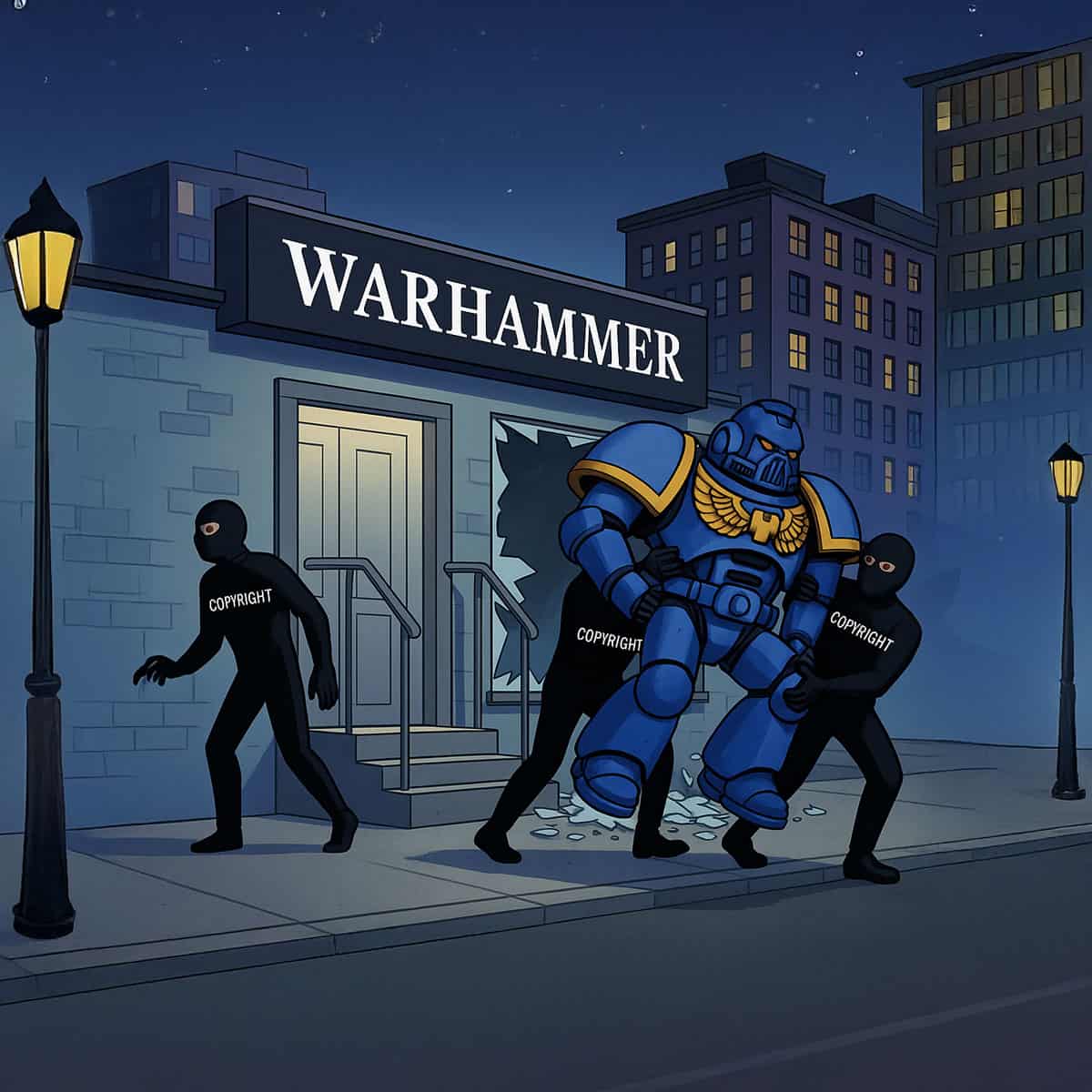
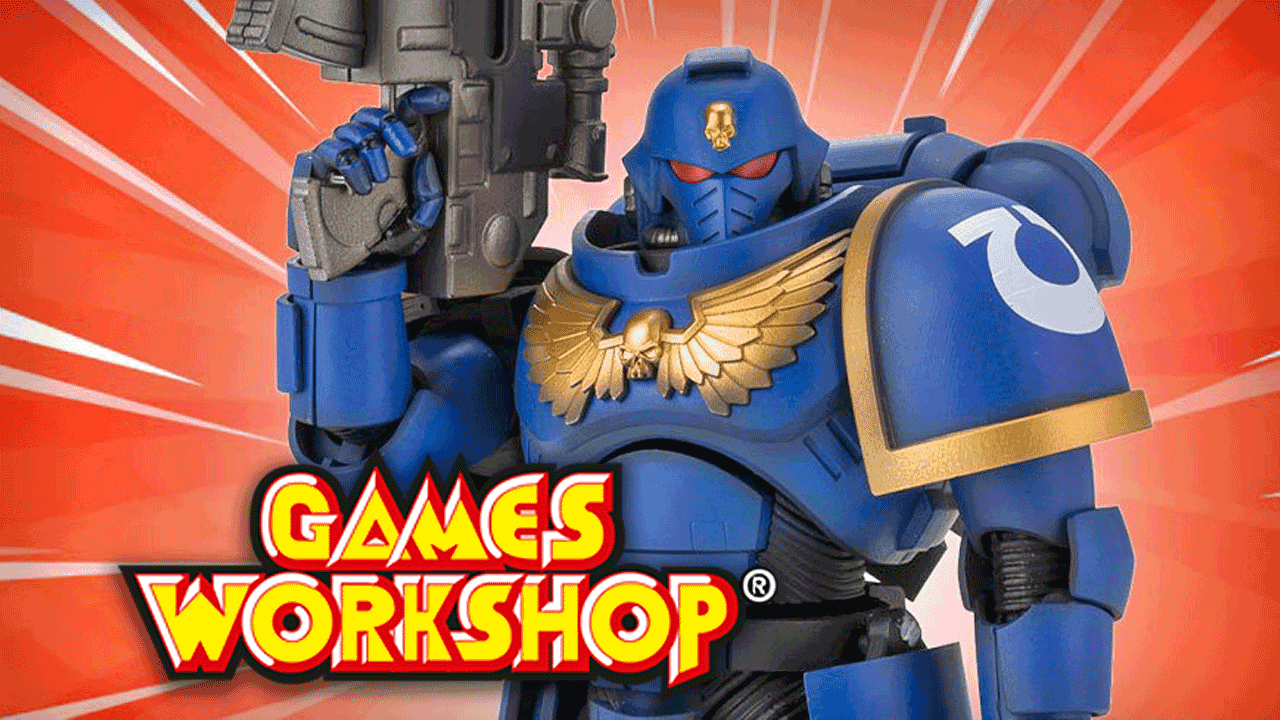
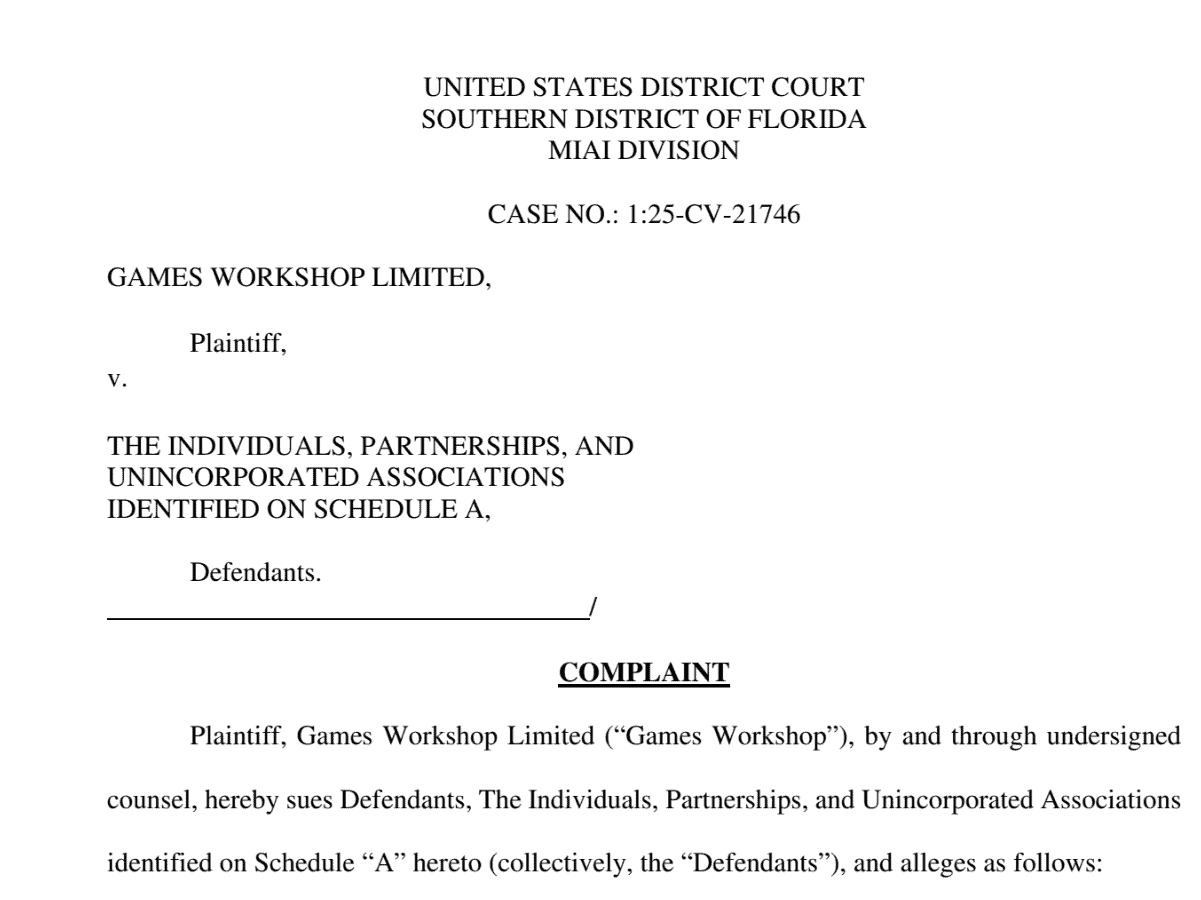
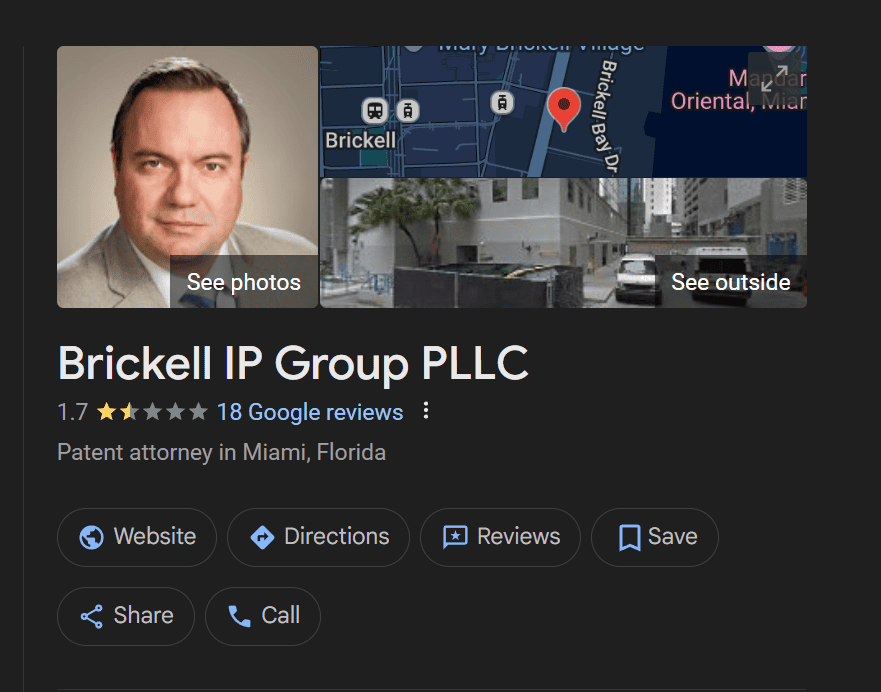




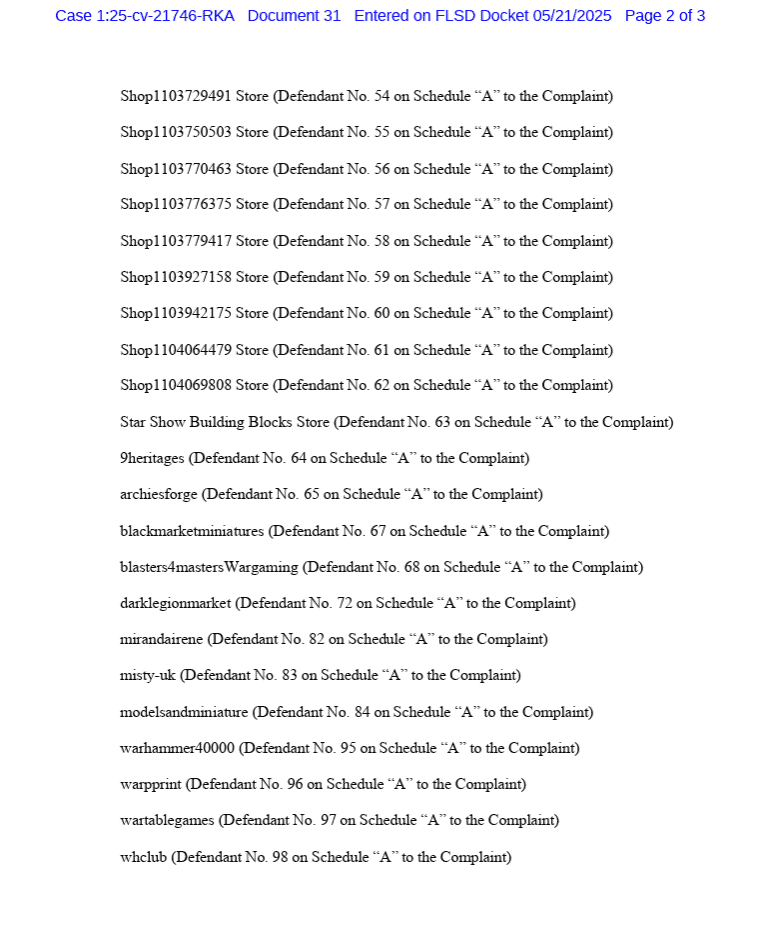
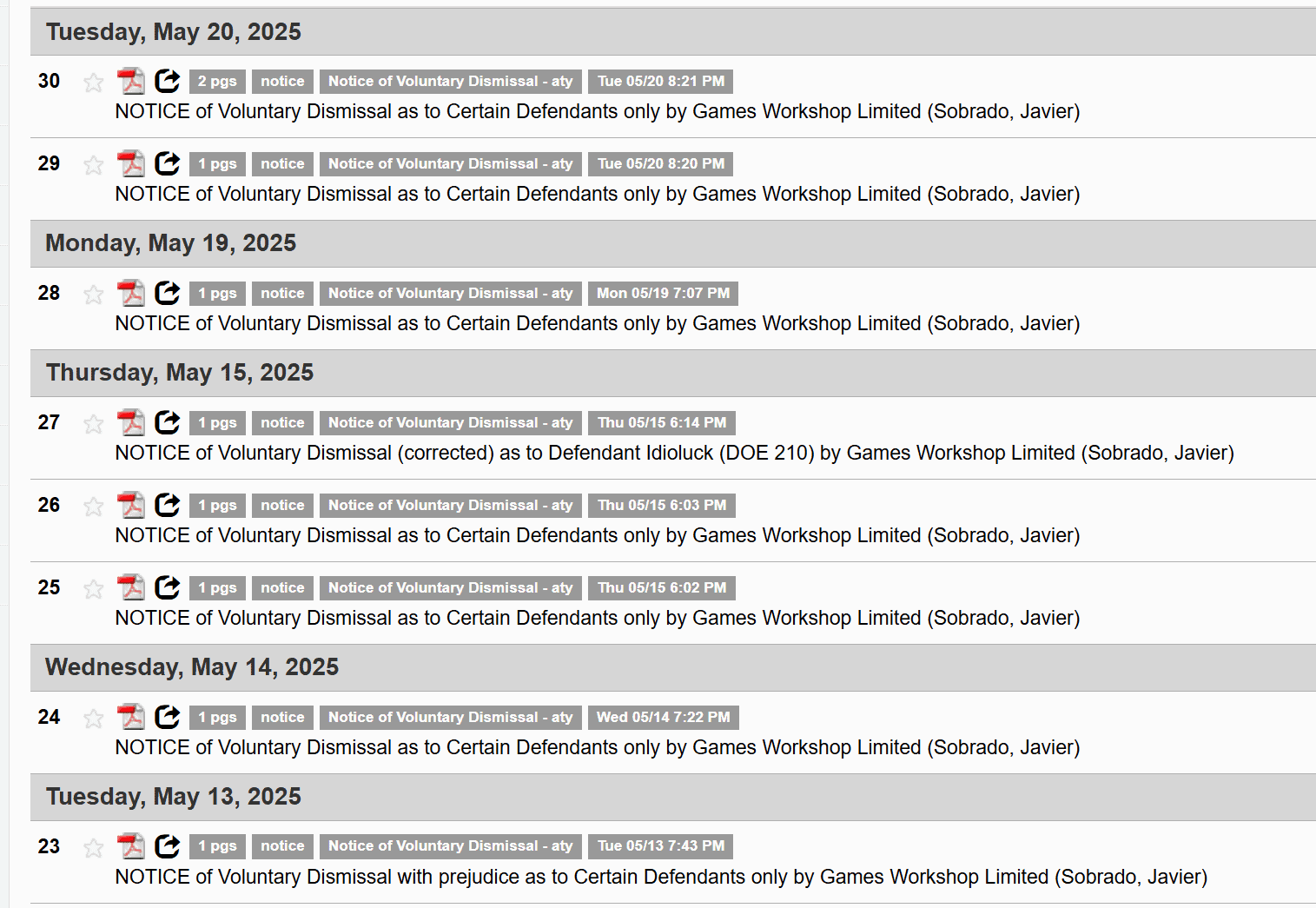
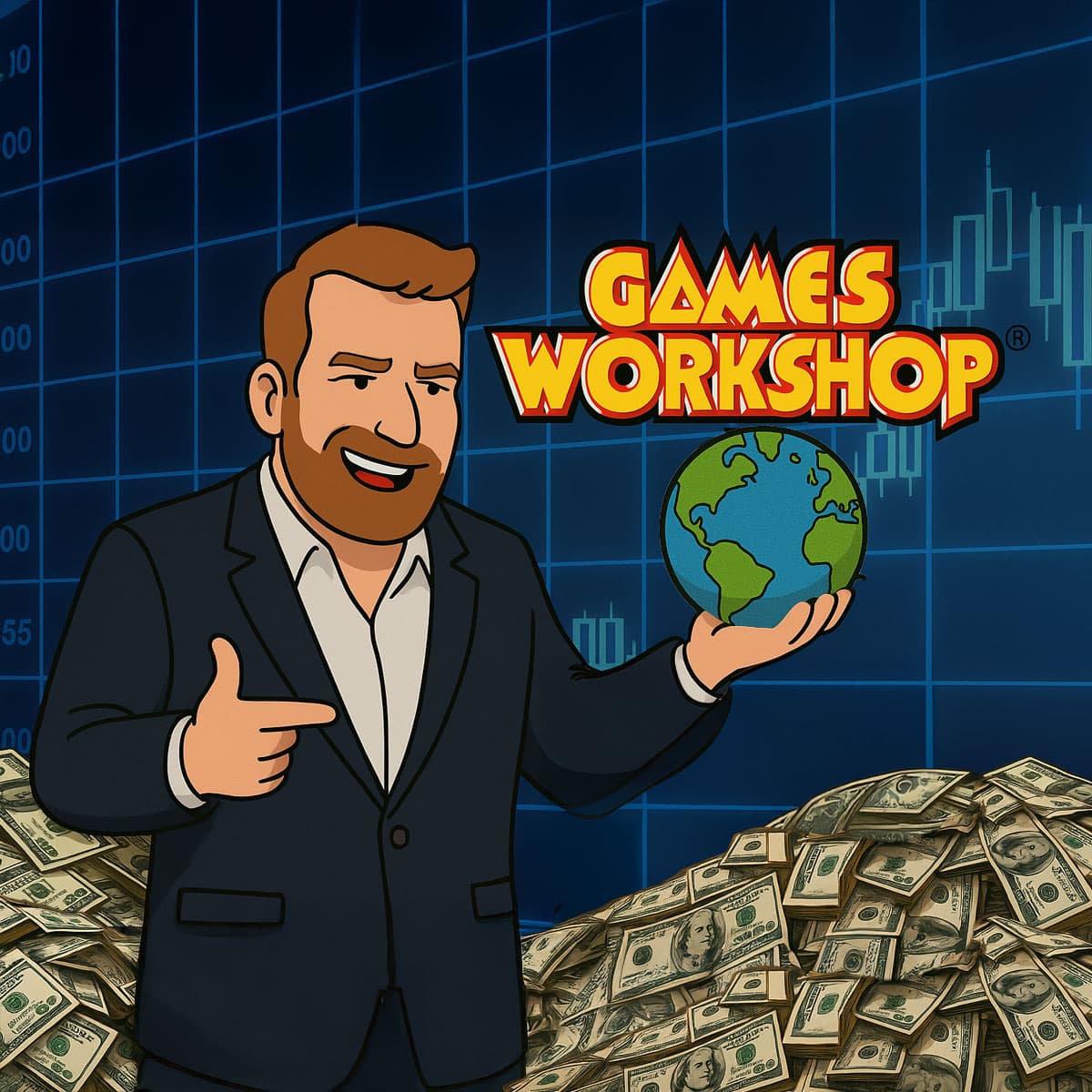

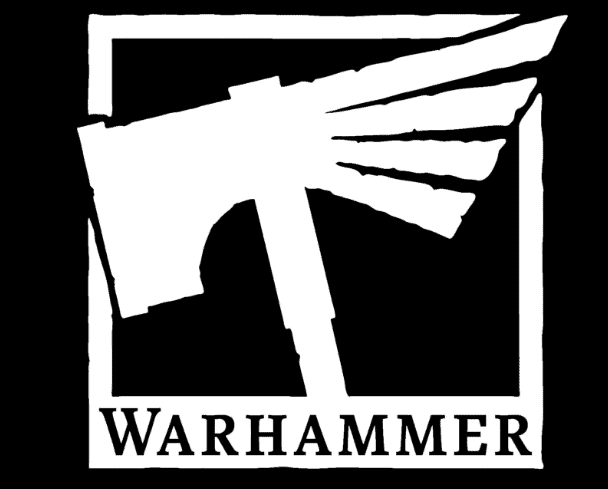
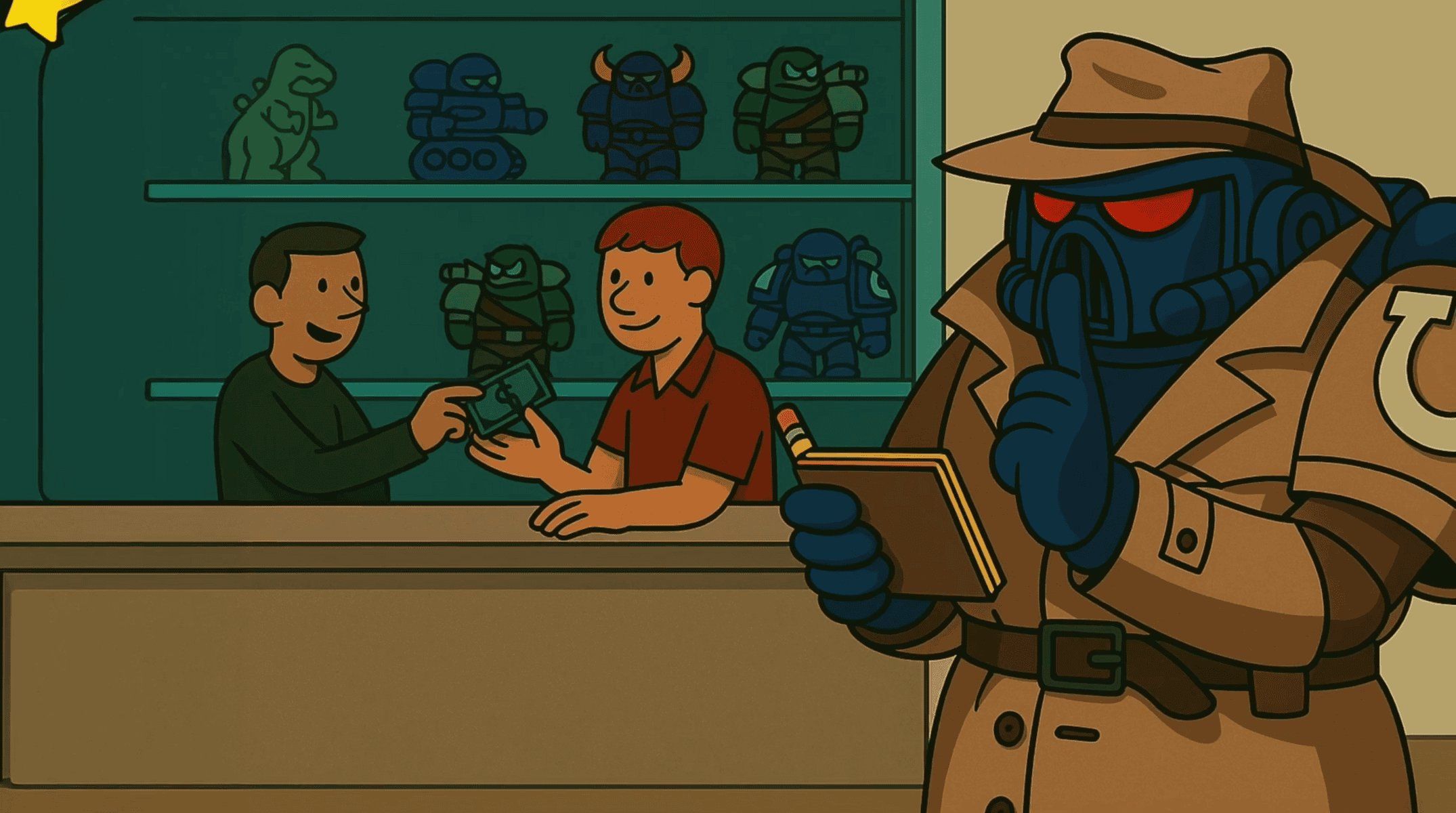
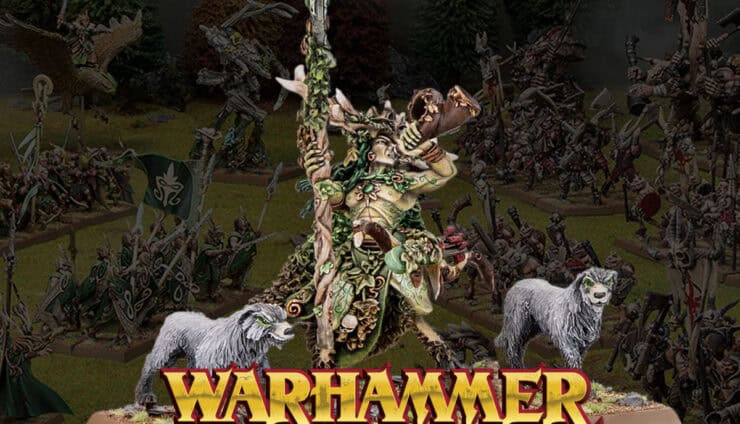

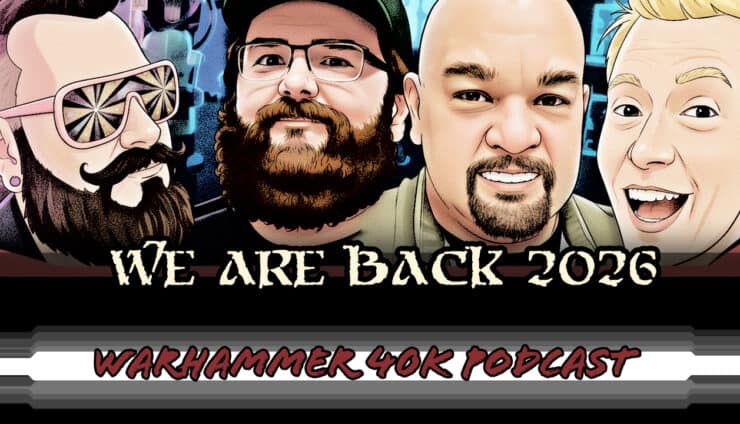
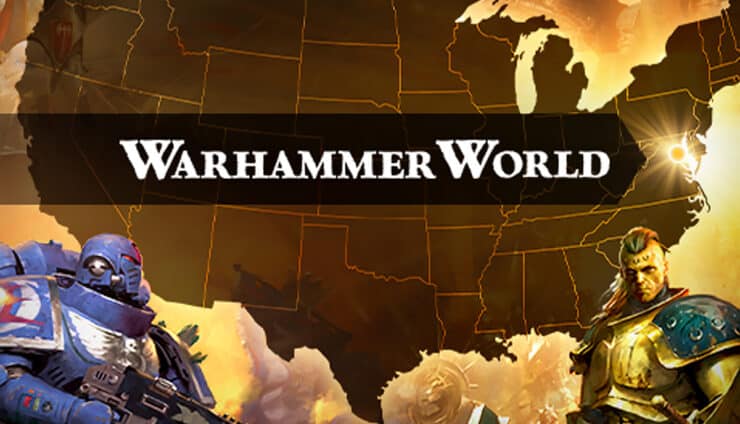
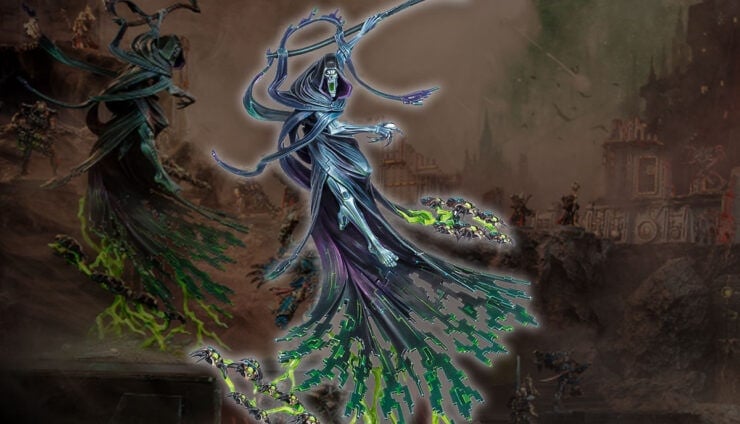
I was one of the original 280 sellers – they found my blog site where I was advertising for sale a Warhammer Bolter cosplay prop (59cm/23″ long). I found the court papers in my Spam folder some weeks after they were “served”. Given the short time-frame I used the same lawyer that NoGutsNoGlory used. While he got results, he charged a lot and in general exhibited red flags and questionable ethics that under different circumstances would have had me beating a hasty retreat. Still, glad to put it all behind me, albeit with an emptied bank account.
Many companies turn a blind eye (or actively encourage/support) when a cosplayer uses their IP (free advertising), but they can sometimes use 20/20 vision when someone (even low volume) starts to sell those same things. I now know which one GW is and won’t ever be making cosplay props from their universe ever again.
Wow, Florida is even more of a shithole than I thought. Legally speaking I mean
As well as not legally speaking too
I follow a Battletech Youtuber, NoGutsNoGalaxy, that got pulled into this lawsuit because he had a T-shirt design that was named Warhammer. However, it was in reference to a certain Battletech Mech named the Warhammer, not the game Warhammer. He has a wrap up video discussing what he went through to get dismissed from the lawsuit, if anyone is interesting in knowing more about this wacky IP claim.
I won’t be surprised when it turns out the list was generated by an Abominable Intelligence.
Oh it 100% had to have been. No one seemed to have proof checked this. Also this https://spikeybits.com/games-workshop/despite-banning-ai-games-workshop-uses-it/
Haven’t played in years. Too costly for many to even start.
I can count no less than 17 ppl, who were interested but we’re driven away by costs.
I’m talking a younger demographic who were pushed out before they even got engaged.
Corporate scum, this is why I don’t give them money anymore.
I back this suit tbh sellers who clearly make shit with ip symbols like chapter badges or use terms that are copyrighted should get sued into oblivion
Time for countersuits
I always tell people: GW is a horrible company that lucked into a great premise. The games they make succeed DESPITE GW’s best efforts to constantly make the players hate them.
Jesus Christ, reading that was painful. Learn to write.
GW have ‘borrowed’ from so many uncredited sources over the years. They never credited Michael Moorcock for the Chaos brand (including the 8-pointed symbol which they now seem to think is their property). I’ve loved 40k since the original Rogue Trader but the company has become a corporate bully.
Yeah… this probably also reflects most GW fanboi’s even worse. Laughably though, this is why so many other companies are doing amazing now. Just because they aren’t GW.